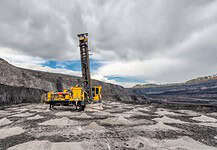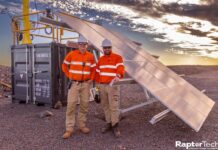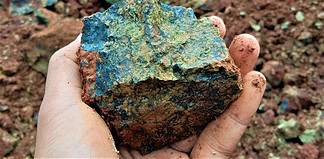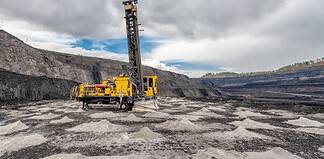Rio Tinto and Yindjibarndi Energy sign renewable energy MOU

Rio Tinto (ASX:RIO) and Yindjibarndi Energy Corporation (YEC) have signed a memorandum of understanding (MOU) to explore opportunities to collaborate on renewable energy projects on Yindjibarndi country in WA’s Pilbara region.
Rio and YEC will study and evaluate a range of opportunities, including wind and solar power plus battery energy storage systems.
The initial focus of this partnership is to rapidly explore the potential development of a solar power facility for the supply of energy to Rio.
Rio operates four gas-fired power stations in the Pilbara with about 600MW to 700MW of renewable generation estimated to be required to displace the majority of gas use across its network. Currently, Rio is assessing the development of around 300MW of solar projects.
YEC’s initial plans include a stage one target of 750MW of combined wind, solar and battery storage with construction set to begin in the next few years.
Yindjibarndi Aboriginal Corporation chief executive Michael Woodley commented on the partnership.
“Yindjibarndi Ngurra is ideally suited to developing renewable energy generation and our people are encouraged by Rio Tinto’s interest in building this capacity on,” he said.
“This will strengthen our existing partnership and provide long term benefits for our community, while also ensuring that we can protect and preserve the areas of cultural, spiritual and environmental significant within our Ngurra.”
Rio Tinto iron ore executive Simon Trott says the company is focused on repowering its Pilbara operations with renewable energy.
“The Pilbara is blessed with abundant year-round sunshine and strong winds at night, making it one of the most attractive places in the world to harness solar and wind power for energy generation,” he said.
“We’re excited to be deepening our partnership with the Yindjibarndi People through this agreement and look forward to working closely with them.
“We recognise we have a large carbon footprint in the Pilbara and are exploring a number of innovative solutions to help address this, including future collaborations with other Traditional Owner groups in the region.”





































